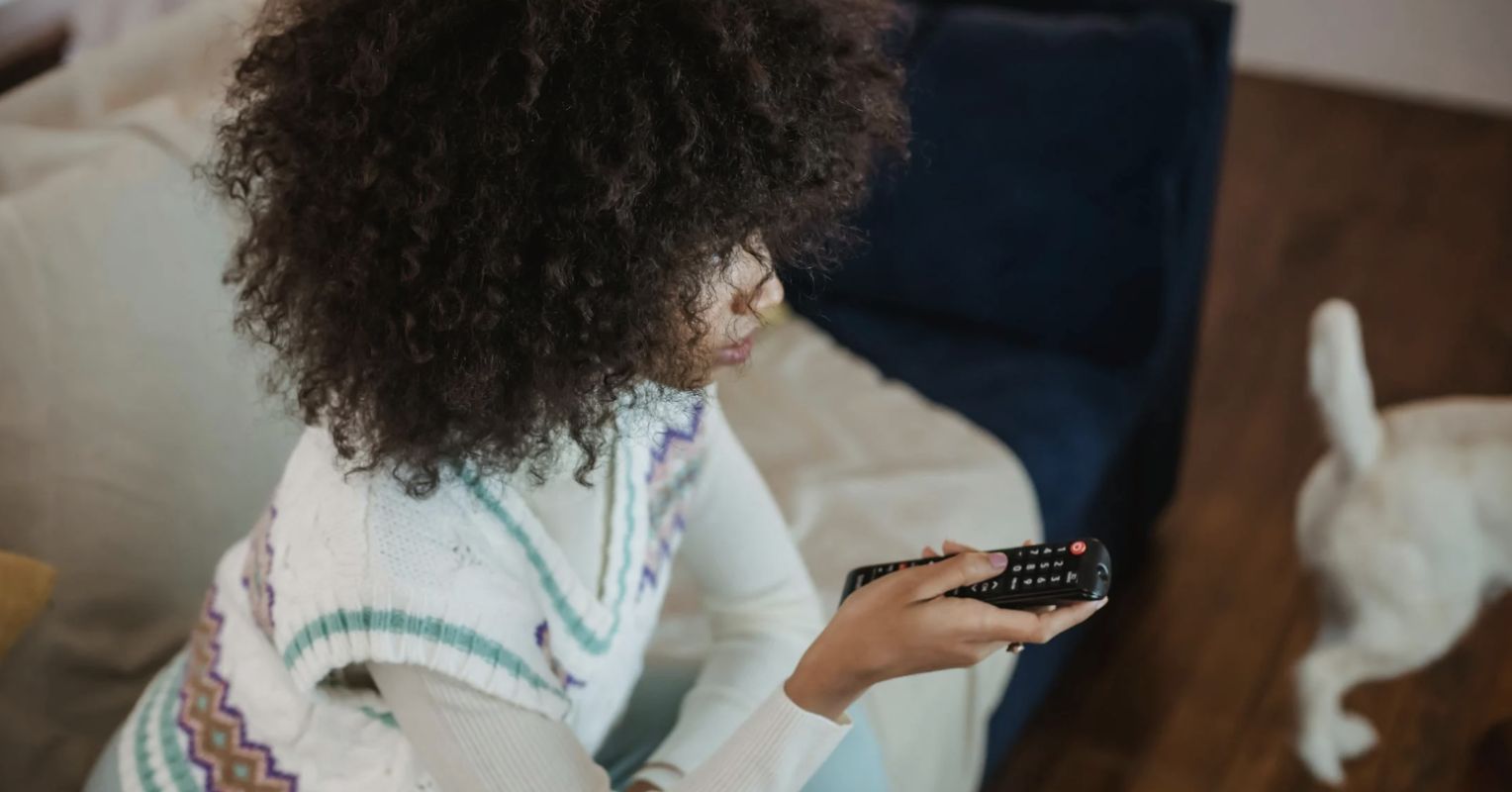
"Growing up, I spent my summers devouring Children of the Sun and Great Kings and Queens of Africa. While my classmates were learning about George Washington and Abraham Lincoln, I was curled up with books that introduced me to Mansa Musa, Queen Nzinga, and Kwame Nkrumah. Back then, it sometimes seemed I was just doing double the homework, but now I know my parents were planting in me imagination, belief in myself, racial pride, and truly resilient roots."
"The books we read, the shows we watch, and the people we hold up as role models all shape how our kids see themselves and others. And if we aren't intentional about what they're exposed to, we risk letting the loudest voices (often in the media, news, or classroom) define who our children believe they are."
"When schools focus only on slavery and the Civil Rights Movement, or when the only Black girl on a TV show is the loud, silly, or aggressive sidekick, our kids start wondering where they belong, or if they belong at all."
Racial pride plays a crucial role in helping children recover from discrimination and bias. Exposure to Black history beyond slavery cultivates cultural pride and enhances self-esteem. Parents and educators should actively confront and challenge biased messages that children encounter. Additionally, representation in media and real life is vital in developing resilience in youth, as current portrayals can deeply affect how children perceive themselves and their place in society. Understanding these dynamics is essential for fostering a positive environment for children of color.
Read at Psychology Today
Unable to calculate read time
Collection
[
|
...
]